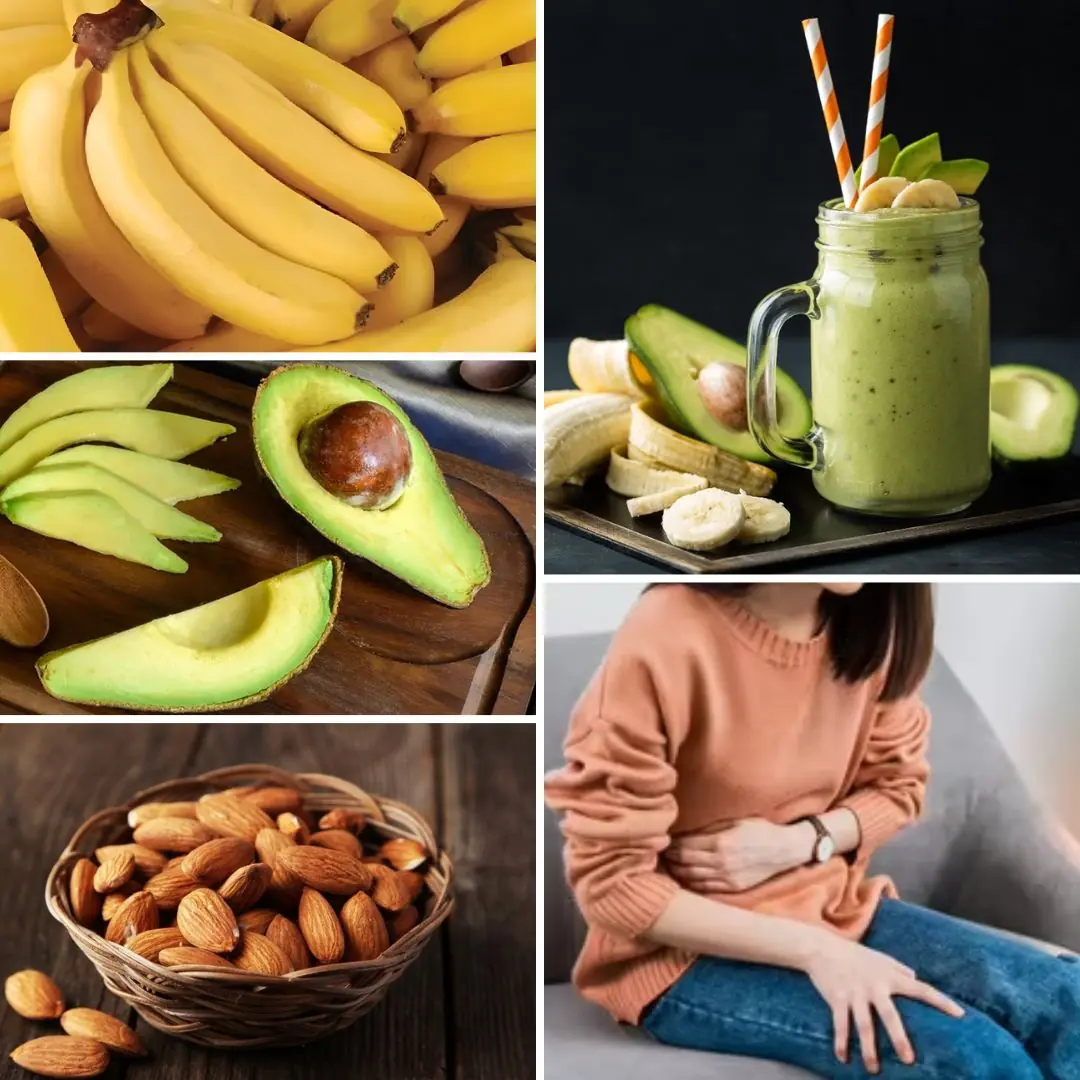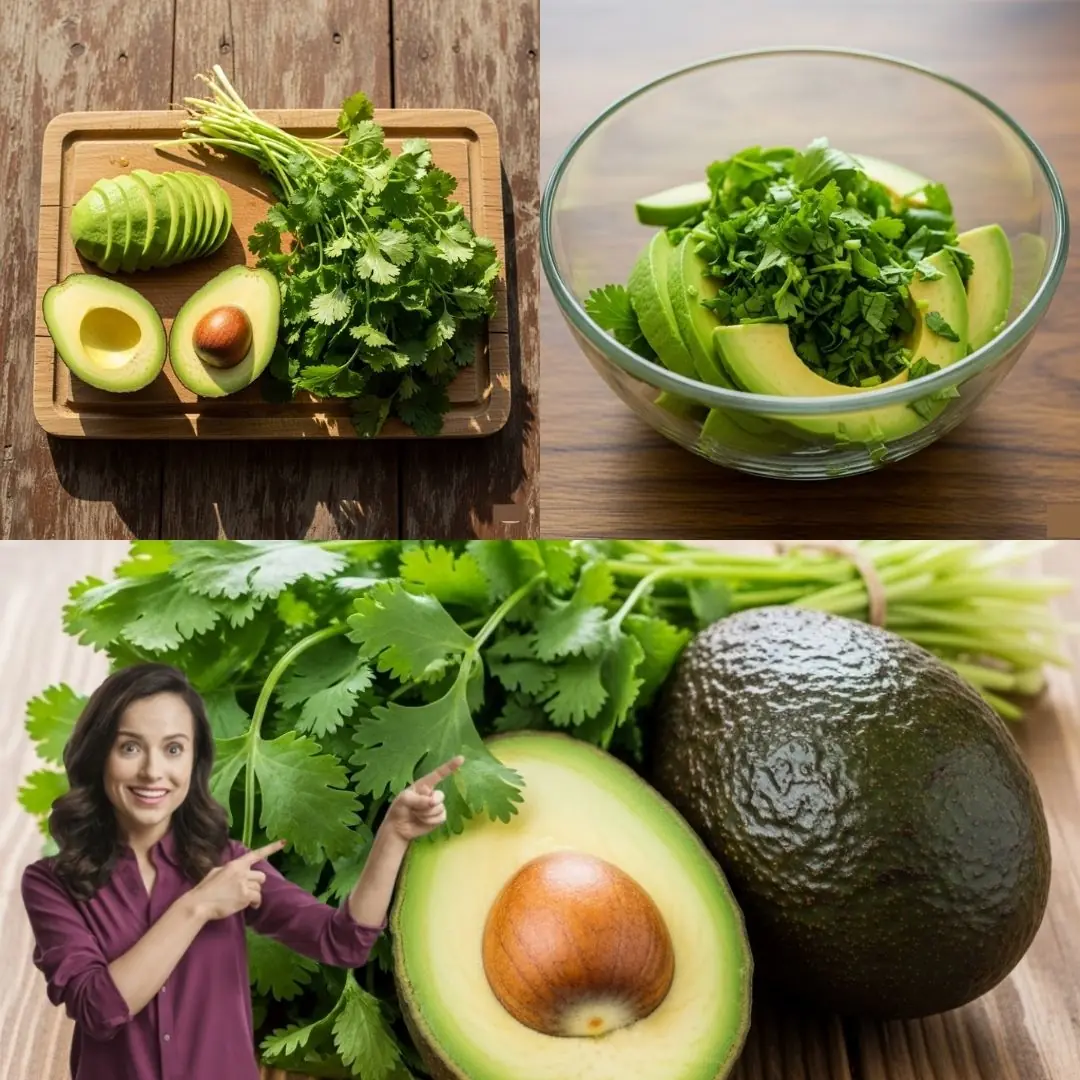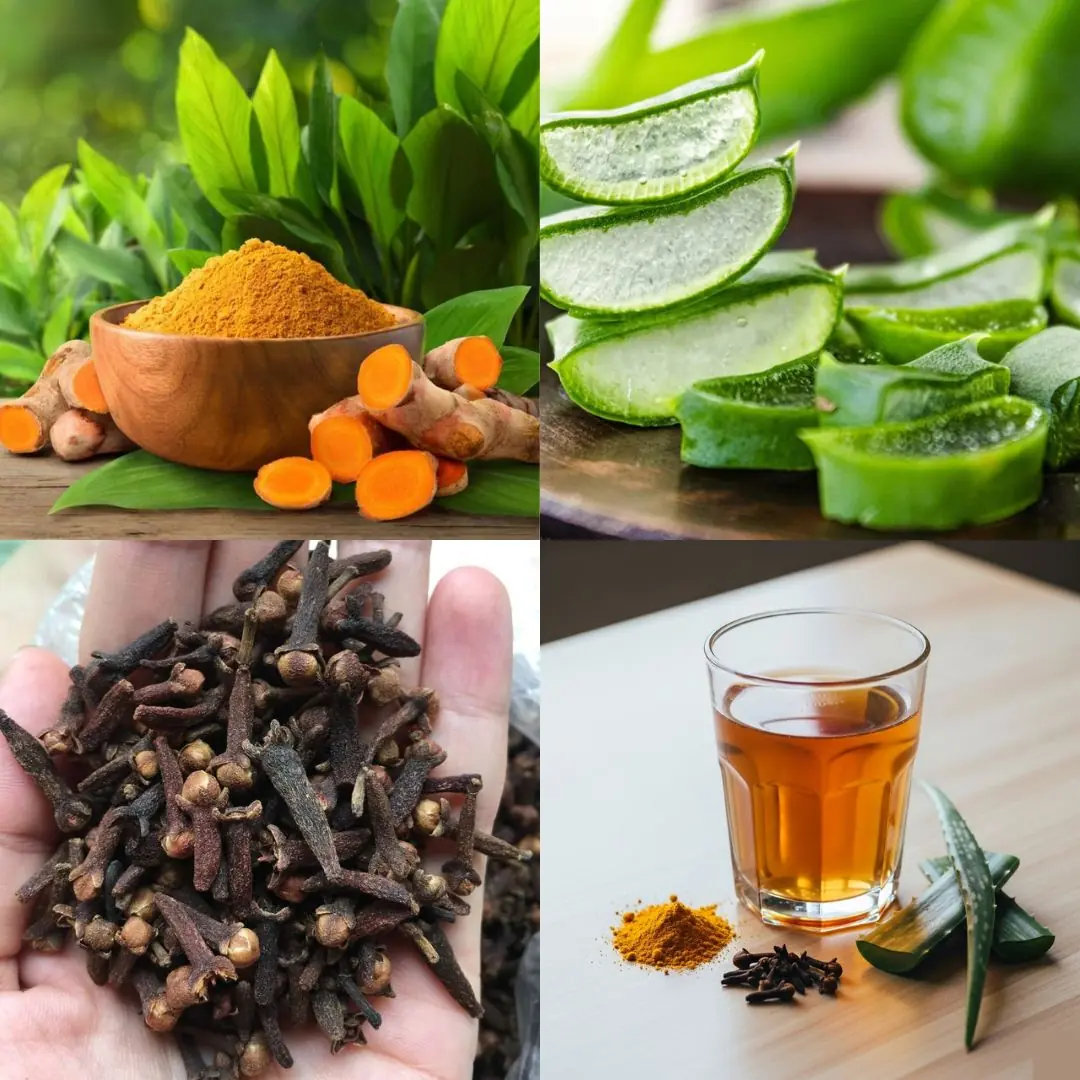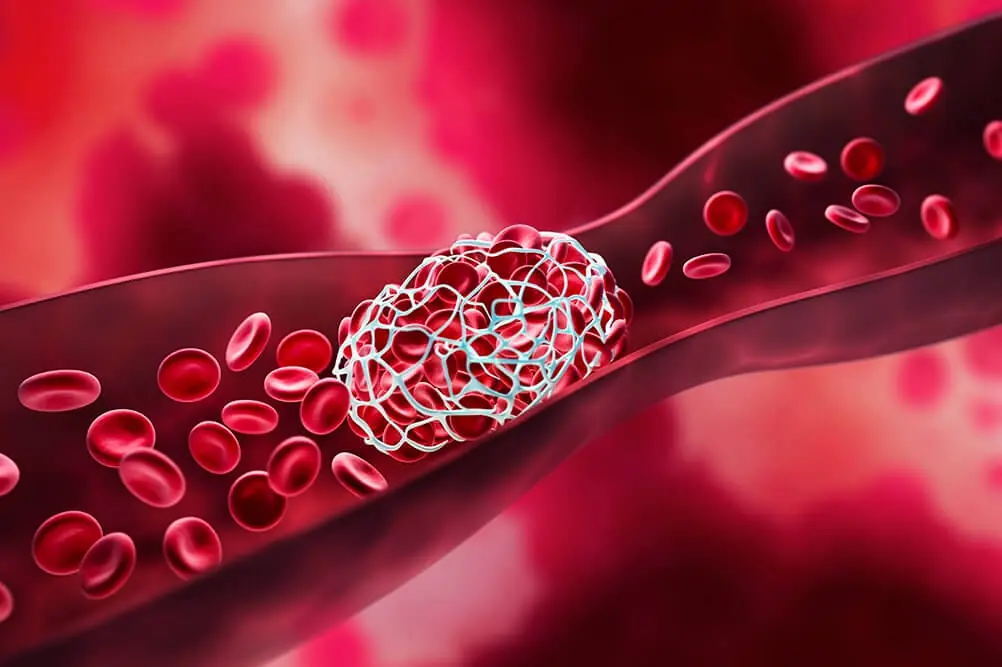
15 Powerful Foods to Relieve Acid Reflux Fast – The Ultimate Anti-Acidity Diet Guide
15 Best Foods to Help Naturally Reduce Acid Reflux (GERD)
Acid reflux, medically known as GERD (Gastroesophageal Reflux Disease), is a common digestive condition that affects millions of people around the globe. It occurs when stomach acid flows backward into the esophagus, causing symptoms such as heartburn, discomfort, a sour taste in the mouth, and, over time, potential damage to the esophageal lining. While medications are often prescribed, dietary choices play a crucial role in preventing and alleviating these symptoms.
In this comprehensive guide, we’ll explore 15 of the best foods that can help soothe acid reflux naturally, promoting better digestion and reducing flare-ups.
1. Oatmeal
Oatmeal is a fiber-rich whole grain that absorbs excess stomach acid and helps keep you feeling full longer. Its high fiber content improves digestion and minimizes the chance of reflux. As a low-fat, low-acid breakfast option, oatmeal is a staple for anyone dealing with GERD.
Tip: Add a sliced banana or almond milk for extra reflux-reducing benefits.
2. Bananas
Naturally low in acidity, bananas are easy on the stomach and rich in potassium, which supports healthy digestion and pH balance. They form a gentle coating along the esophagus, helping to protect it from acidic irritation.
They make a convenient, portable snack or smoothie base.
3. Ginger
Ginger has long been valued for its natural anti-inflammatory and anti-nausea properties. Just a small amount—such as fresh grated ginger in tea or food—can calm the digestive system and reduce acid reflux symptoms.
However, too much ginger can sometimes have the opposite effect—use moderately.
4. Melons
Melons such as cantaloupe, watermelon, and honeydew are low-acid fruits that soothe the stomach lining. They’re also hydrating, which supports overall digestive function.
Avoid citrus fruits like oranges and grapefruit, which can trigger reflux in many people.
5. Green Vegetables
Vegetables like broccoli, kale, spinach, green beans, and cucumbers are not only highly nutritious but also low in fat and sugar—two common triggers of acid reflux. They promote a balanced digestive environment and reduce the risk of stomach acid backing up into the esophagus.
Steam or lightly sauté these vegetables to preserve their nutritional value.
6. Fennel
Fennel has a subtle licorice-like flavor and is often used to relieve bloating and digestive discomfort. It can relax the gastrointestinal tract, reduce inflammation, and decrease symptoms of reflux when consumed regularly.
Enjoy fennel raw in salads or roasted with olive oil for a comforting side dish.
7. Chicken and Turkey
Lean, skinless poultry provides high-quality protein without the excess fat that can slow digestion and increase reflux. Grilling, baking, or steaming is best—avoid deep-frying or using heavy sauces.
Dark meat has higher fat content, so stick with white meat if reflux is a concern.
8. Brown Rice
This complex carbohydrate is gentle on the stomach and doesn’t promote acid production like some other starches. Its high fiber content helps regulate digestion and keeps you feeling satisfied.
Serve with steamed vegetables or lean protein for a GERD-friendly meal.
9. Aloe Vera Juice
When processed specifically for internal consumption, aloe vera juice can soothe irritation in the esophagus and stomach lining, thanks to its natural anti-inflammatory compounds.
Choose pure, food-grade aloe vera juice without added sugars or artificial ingredients.
10. Yogurt
Low-fat or non-fat yogurt contains probiotics, which are beneficial bacteria that support gut health and improve digestion. Its cooling texture can help ease the burning sensation often caused by acid reflux.
Avoid flavored yogurts with high sugar content, which may worsen symptoms.
11. Celery
Celery is made up of mostly water and fiber, making it an ideal low-calorie, low-acid snack. It helps to neutralize stomach acid and provides hydration for the digestive system.
Pair it with a small amount of almond butter for a satisfying, reflux-safe snack.
12. Parsley
This often-overlooked herb has been used for centuries to support digestion. Parsley helps reduce bloating and stomach acidity, making it a flavorful and medicinal addition to meals.
Add it to soups, salads, or steep in hot water as a digestive tea.
13. Fish
Non-fatty fish like salmon, trout, and cod are excellent sources of lean protein. When grilled or baked, fish supports digestion and avoids the acid-triggering fats found in fried or breaded seafood.
Omega-3-rich fish also have anti-inflammatory benefits, helping reduce esophageal irritation.
14. Herbal Teas
Teas such as chamomile, licorice root, and slippery elm can help soothe the digestive tract and reduce acid production. However, it’s important to avoid peppermint tea, which may relax the lower esophageal sphincter and worsen reflux for some people.
Drink warm (not hot) teas to avoid irritating your throat or stomach.
15. Whole Grain Bread
Whole grain options like whole wheat, multigrain, or sprouted grain bread are high in fiber and help absorb stomach acid. They are less likely to spike blood sugar or trigger symptoms than refined white bread.
Top with a small amount of almond butter or avocado for a reflux-safe snack.
Final Tips for Managing Acid Reflux Through Diet
In addition to eating reflux-friendly foods, here are a few simple lifestyle changes that can make a big difference:
-
Eat smaller, more frequent meals to avoid overloading your stomach.
-
Avoid lying down immediately after eating; wait at least 2 to 3 hours.
-
Identify and eliminate trigger foods, including caffeine, chocolate, alcohol, fried foods, tomatoes, and spicy dishes.
-
Stay hydrated, but try not to drink large amounts of water during meals.
-
Maintain a healthy weight, as excess abdominal pressure can worsen acid reflux.
Conclusion
Managing acid reflux doesn’t always require medication. By including these 15 reflux-friendly foods in your daily diet and making a few mindful adjustments to how and when you eat, you can significantly reduce or even eliminate symptoms naturally. Remember, your diet is a powerful tool in supporting your digestive health—so make every bite count and listen to your body’s signals.
News in the same category


Drink Cloves and Cinnamon Before Bed? The Results May Surprise You

Hair Thinning? Try This Unique Combo to Support Hair Growth Naturally

The Ultimate Drink for Women’s Wellness: Watermelon Juice with Carrot, Beetroot, and Ginger

THIS HEALS YOUR THYROID IN JUST 3 DAYS! | Barbara O'Neill’s Clove Soak Formula

8 Herbal Teas That Lower Blood Pressure and Unclog Arteries (Doctors Never Say This!)

Health Benefits of Cayenne Pepper: 20 Surprising Wellness Secrets

DIY Brow Boosting Serum: Your 5-Minute Secret to Fuller, Bolder Brows

Olive Oil, Lemon, and Honey: Natural Benefits for Health and Wellness

Morning Drinks to Support Healthy Aging and Wellness

The Hidden Risks of Datura: A Beautiful Plant with Serious Health Dangers

Say Goodbye to Cancer and Vision Problems with This Powerful Homemade Remedy

The Smoothie Every Woman Over 30 Needs: Almond, Banana, and Avocado Smoothie with Honey 🍌🥑🍯

15 Natural Ingredients That Turn Gray Hair Black Again — Even at 65! Promote Fast Hair Growth Naturally

Discover the Health Benefits of Avocado and Parsley: A Nutrient-Packed Duo

Lost Muscle After 60? These Surprising Tips Help You Get It Back Naturally

Dr. Frank Suárez’s Home Remedy: Supports Relief from Cancer, Diabetes, High Blood Pressure, and Poor Circulation

Stay Strong in the Bedroom – Even at 80 💪 This Apple & Ginger Recipe Might Surprise You

Fig Sap: Nature’s Quiet Remedy for Skin, Digestion & Everyday Wellness
News Post

Increased Screen Exposure In Kids Linked to Anxiety, Aggression, and Self-Esteem Issues, Study Says

Researcher Studies Over 200 Kids—Here’s What the Most Emotionally Intelligent Ones Had in Common

Scientists Bioengineer Tooth That ‘Grows’ in Place Like a Natural One And Feels Real

Why There’s a Growing Trend of Straight Men Dating Trans Women

9-year-old dies after dental procedure

Air India pilot’s terrifying last words have been made public

Why You Should Avoid Seat 11A on Your Next Flight – Here’s What You Didn’t Know

Man Releases Chilling Never Seen Before Footage of Twin Tower Collapse

Masterful Painting Of Jesus By 8-Year-Old—Says She Saw The True Face Of Jesus

The Powerful Trio of Lemon, Apple, and Ginger: A Simple Blend That May Support Skin, Hair, and Vision

Drink Cloves and Cinnamon Before Bed? The Results May Surprise You

Hair Thinning? Try This Unique Combo to Support Hair Growth Naturally

The Ultimate Drink for Women’s Wellness: Watermelon Juice with Carrot, Beetroot, and Ginger

THIS HEALS YOUR THYROID IN JUST 3 DAYS! | Barbara O'Neill’s Clove Soak Formula

8 Herbal Teas That Lower Blood Pressure and Unclog Arteries (Doctors Never Say This!)

Health Benefits of Cayenne Pepper: 20 Surprising Wellness Secrets

DIY Brow Boosting Serum: Your 5-Minute Secret to Fuller, Bolder Brows

How to Get Rid of Muscle Soreness: Effective Home Remedies That Really Work
